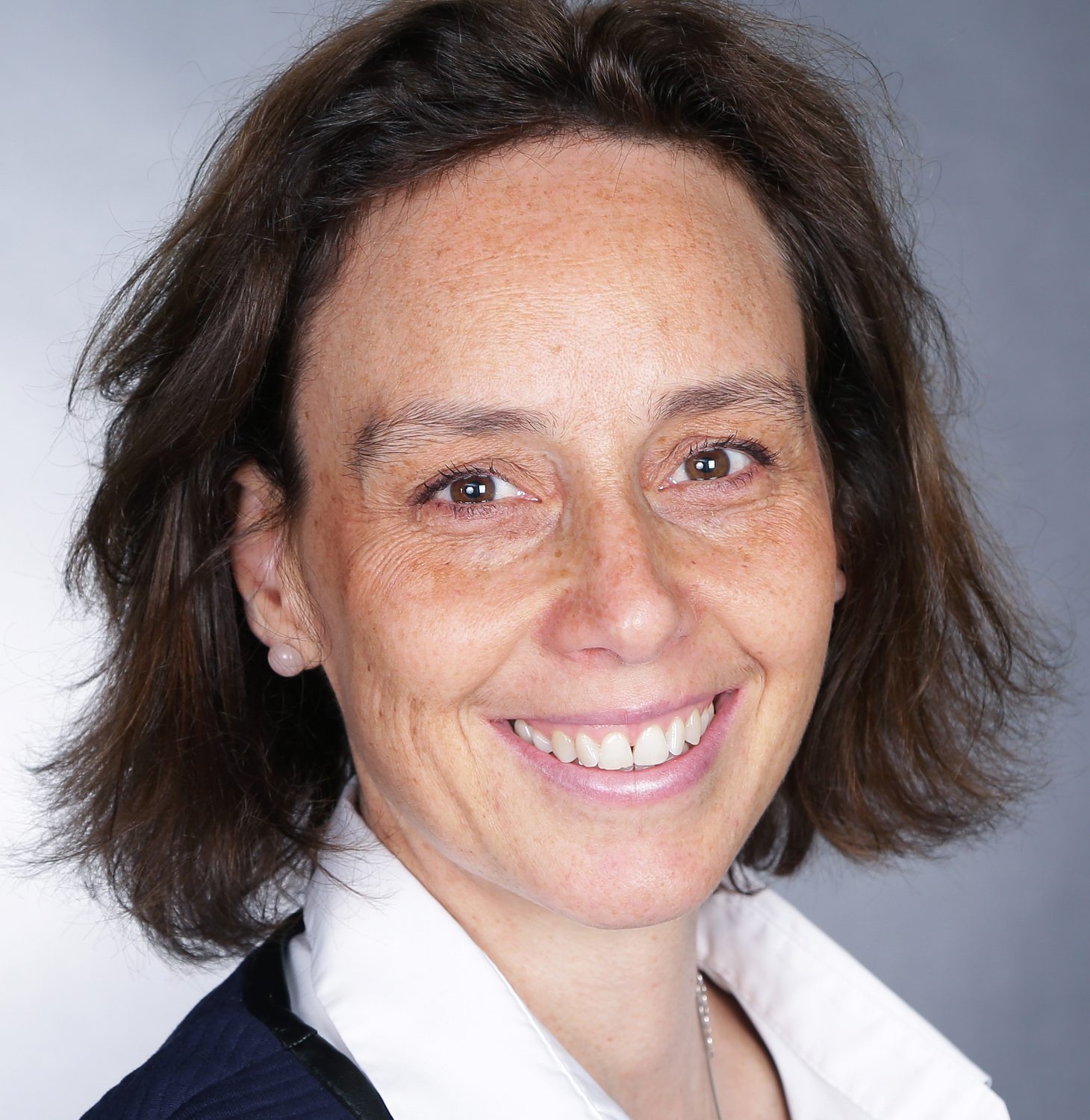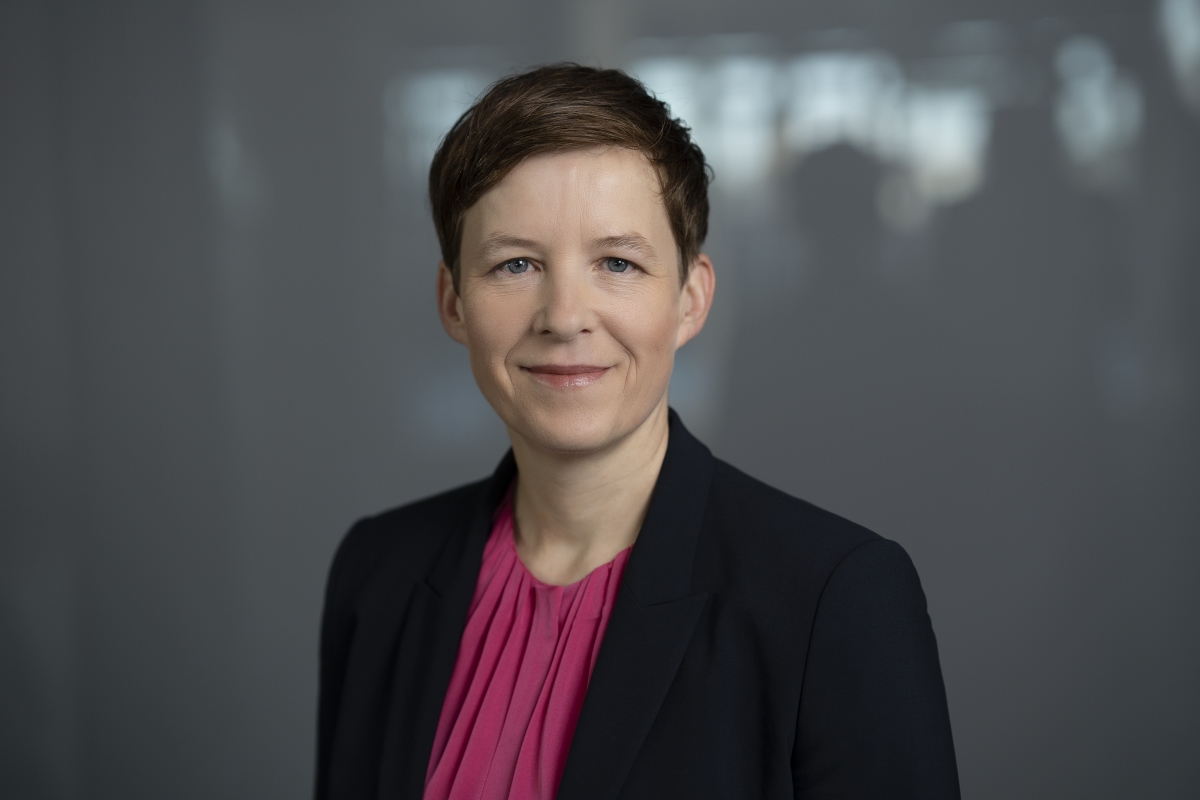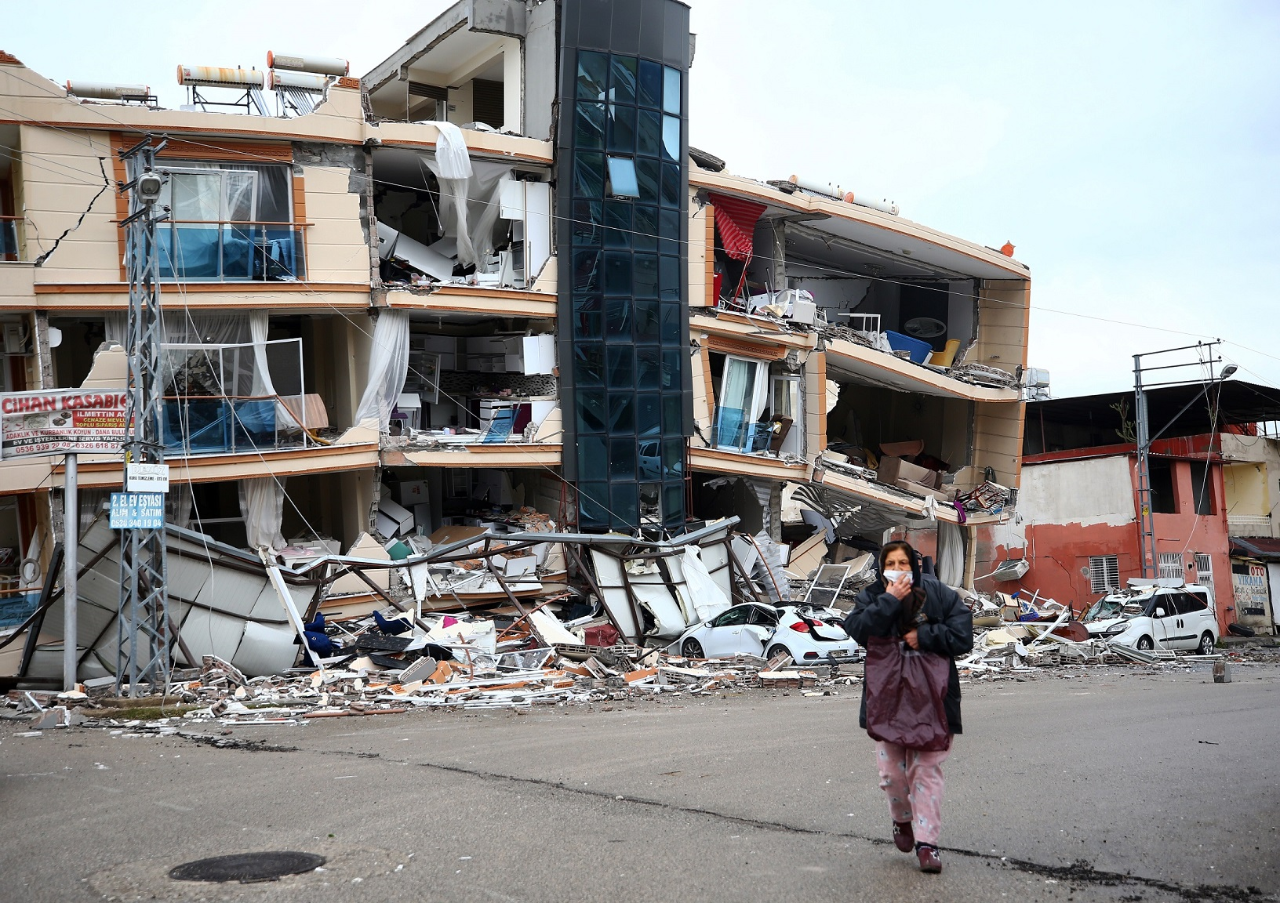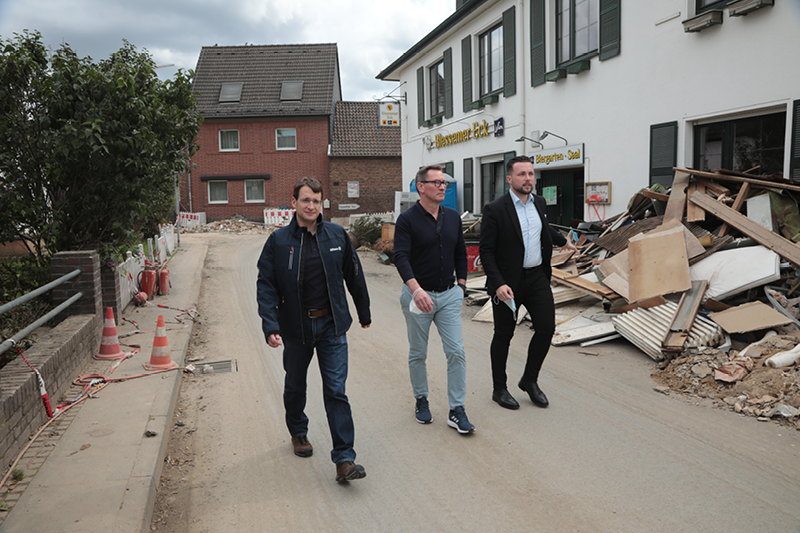Covid-19 is a respiratory infection. In 80 percent of the cases, the symptoms are very similar to the seasonal flu - fever, cough, headache, sore throat. In mild cases, a patient can fully recover in 2-3 weeks.
But in 20 percent of the cases, the pathology can be severe or critical. Even in those cases, young and healthy people will usually recover in 3-6 weeks.
Fortunately, children seem to be resilient to this virus and so far, no death has been reported of anyone under the age of 10 years. The main concern is the elderly and people with compromised immunity, who can experience a more severe form with up to 16 percent mortality rate.
All the measures taken by regional authorities are meant to reduce the spread of the coronavirus – firstly, to give enough time to the local healthcare systems to set up their crisis action plans and secondly, to space out the severe cases that may need intensive care.



